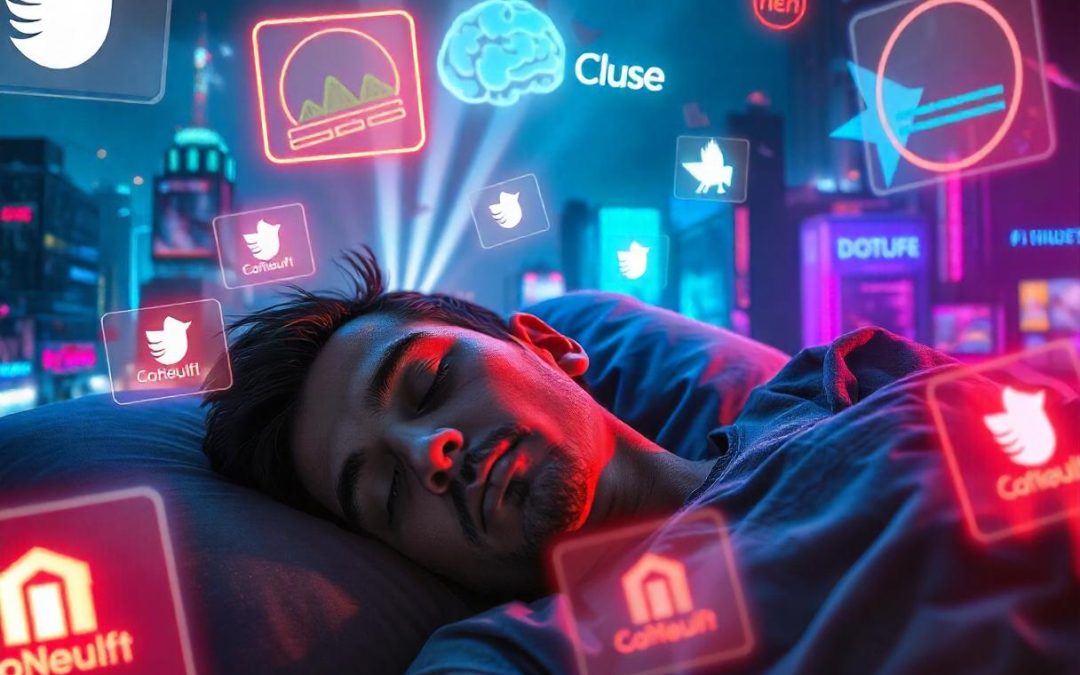Picture waking up from a dream having just sipped a cool soda or driven a shiny new vehicle—only to find out it was a surreptitious ad. Sounds sci-fi? Think again. Scientists and advertisers are already testing subliminal marketing via dream incubation, a method that affects what individuals dream about.
In 2021, scientists demonstrated that sounds could influence the content of dreams. Molson Coors even tested dream marketing, where it used sound and images prior to sleep to induce brand recognition. This brings about ethical issues: should our unconscious be available to brands? In contrast to advertisements on social media, which can be skipped or blocked, dreams are intimate and raw.
Though neuroscience and AI press onward, pervasive dream advertising still lingers as a theory. But subliminal messaging, sensory stimulation, and sleep-tech products may introduce subconscious marketing more toward reality. Under responsible management, it would strengthen user experience—such as by reinforcing study or relaxation. Yet, absent control, it may become an exploitative medium.
So, will brands in the future “sponsor” our dreams? The concept is not as far away as it may appear. The question is: are we prepared for it?
#DreamMarketing #SubconsciousAds #FutureOfAdvertising #Neuroscience #SubliminalMarketing

